I Have Covid!
Estimated reading time: 7 minutes, 49 seconds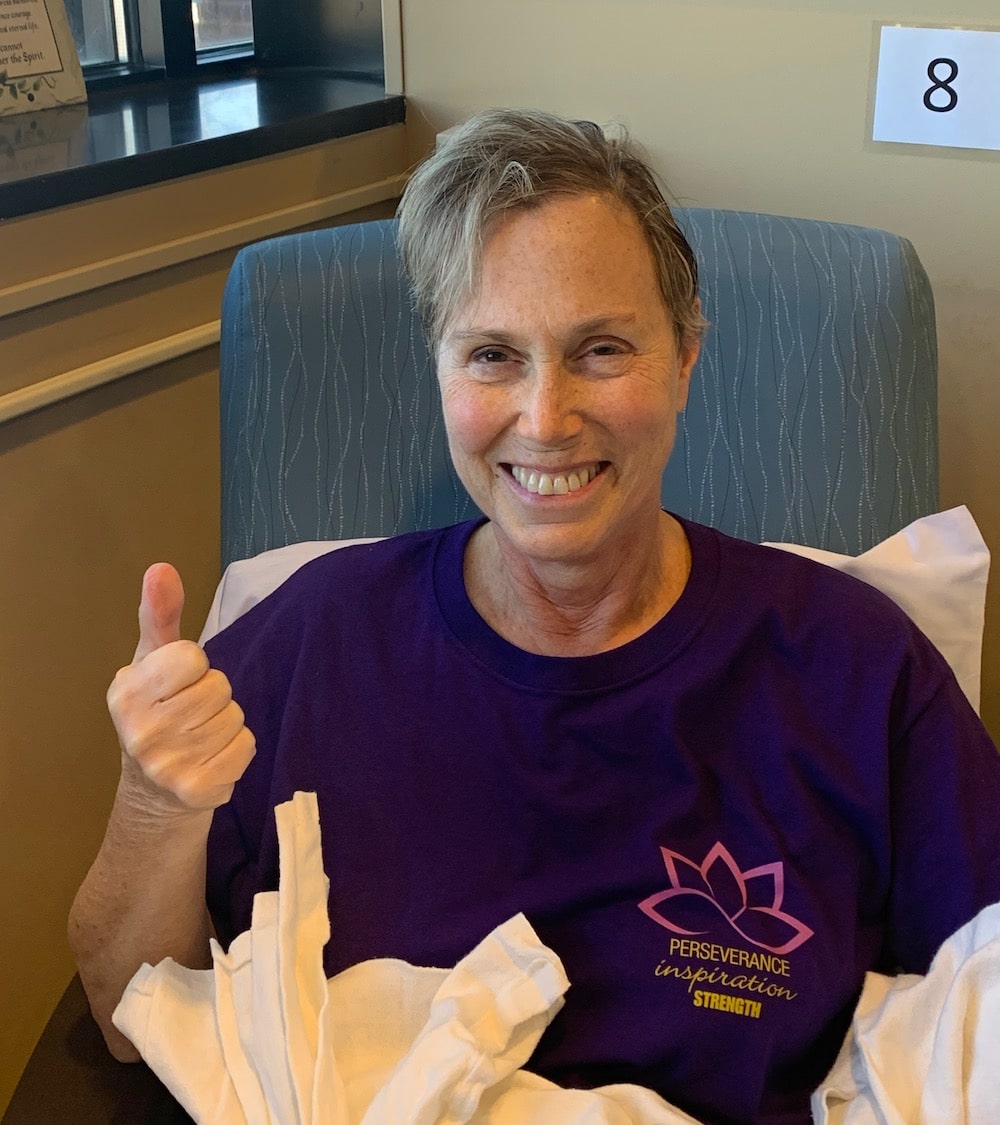
We Remained Optimistic While
Jan’s Health Deteriorated
“I have COVID,” Jan disclosed over tears that flowed like a broken water main. “I do not want to die,” her voice echoed around the cabin of our Prius. Her words were the most frightening ones I had ever heard her say. After leaving her in the emergency room at Robert Wood Johnson University Hospital in New Brunswick, I was driving home when the love of my life called me.
All of the air in my lungs vanished when I exhaled. My heartbeat so rapidly it felt as if it would burst out of my chest. Somehow, I spoke the only phrase I could, “I love you.”
Miraculously, the car continued to drive without my intervention. We stayed in the correct lane, stopped at traffic lights, and proceeded home.
“We will get thru this,” I finally responded with words deeply ingrained in the deepest recesses of my mind.
“How?”
I took a deep breath and held it before responding.
“I will call Dr. Strair, and I am sure his team will know how to treat both COVID and Lymphoma.”
“I have to go; they are moving me to a bed in the hospital.”
As soon as she finished the call, my tear ducts opened and covered my face in salty water.
Jan was alone and afraid. My tears stopped flowing, and I knew I needed to hug her and comfort her. I wanted to make a U-turn, but the Prius continued to drive automatically toward our empty home. In the end, the car understood COVID restrictions better than I did.
February 5, 2021
“Sweetheart, I will bring the car around to the front,” I said to Jan. “After I park, I will come upstairs and help you.” She shook her head no. “OK, come with me now, and you can wait in the lobby for me.”
Walking to the parking lot, I reminded myself that we were in the second month since she had gotten the PET scan results indicating the cancer was in remission. Today is only a routine follow-up, and there is no need to worry. Her tiredness was expected, considering all that she had been through over the last year.
“I wish you could stay with me,” Jan said in a subdued voice.
“I agree.”
“Wish you did not have to drive two roundtrips. For you, my dear, I would drive to the end of the earth and back!”
“Not a problem, my dear.”
We arrived in front of the Cancer Center, and I called to let them know we were here. COVID protocols required a nurse to come down and meet her.
When we saw the nurse walking down the stairs, I got out of the car and opened the door for Jan.
“I love you; I love you!”
I kissed her as she got out of the car.
“I will call you once I know that I am almost finished.”
Bag of Blood
“I will be here most of the day,” Jan said in a voice that showed no anxiety. “My blood numbers are down, and they will give me a bag of blood.” She had had transfusions before, and they always brought the numbers up and gave her an energy boost.
“OK, my love, I will be ready, willing, and able to pick you up as soon as you call me.”
We chatted for a few minutes about dinner plans and other mundane topics.
After we ended the call, I took a deep breath and focused on cleaning our apartment and making dinner plans.
Jan was going to be OK; I kept reminding myself. She has an excellent medical team. I did everything I could to convince myself that there was no need to worry.
After almost 48 years, I recently lost my wife, Jan Lilien. Like The Little Prince, Jan and I believed that “The most beautiful things in the world cannot be seen or touched, they are felt with the heart.” This blog is a collection of my random thoughts on love, grief, life, and all things considered.



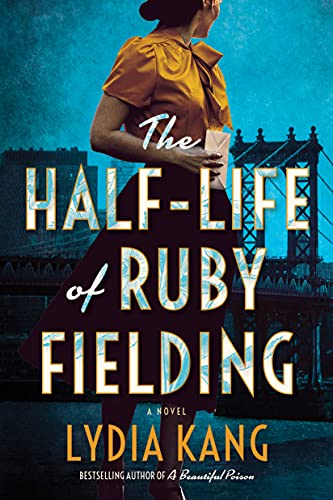
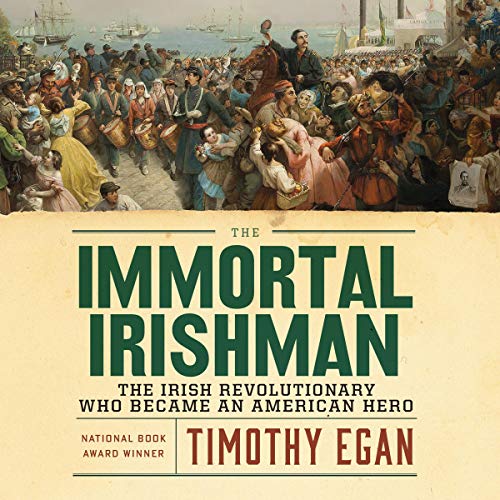
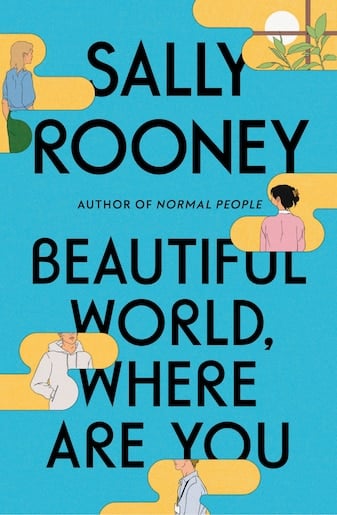
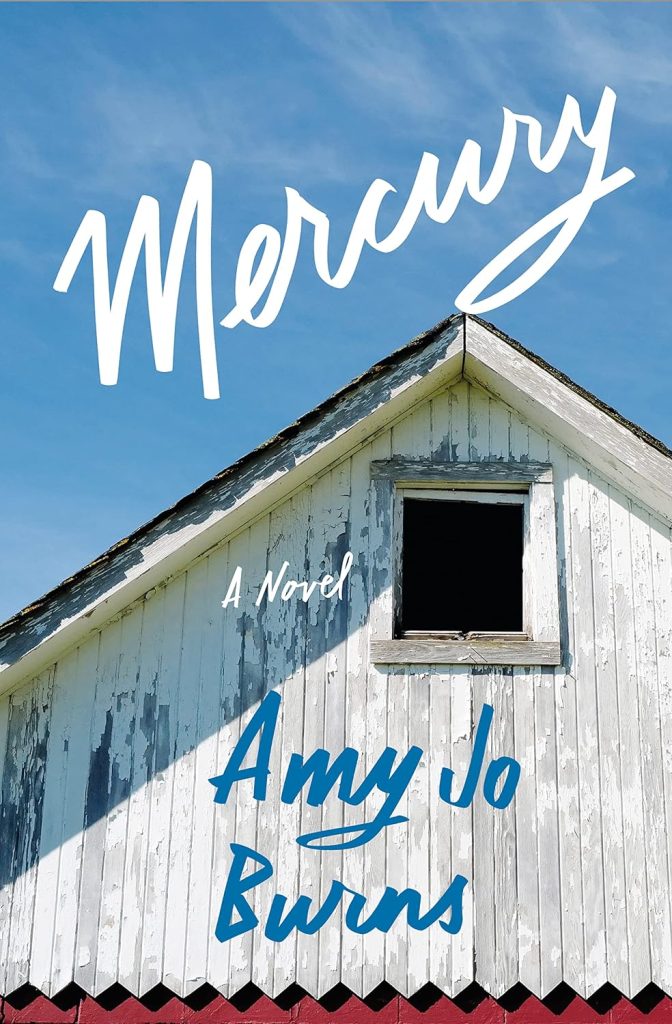
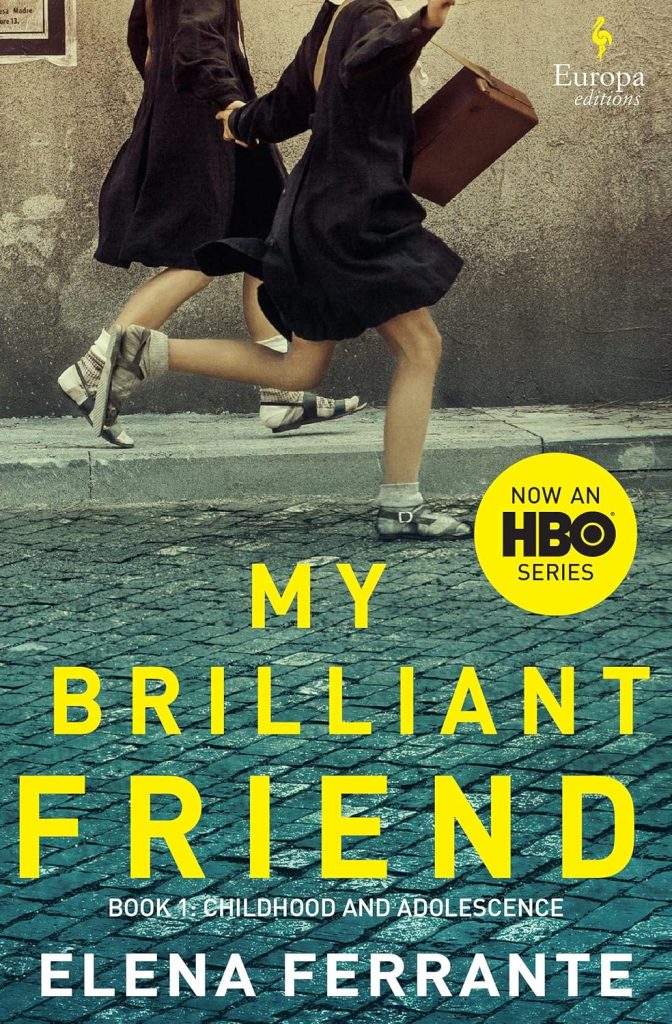
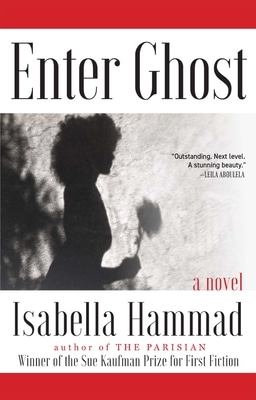
I love these stories, Richard❤
Penny, thank you so very much. My writings are from my heart and, in many ways, are an extended love letter to Jan. As I have described in other posts and comments, the words flow from me like an incoming tide at the Jersey shore.
This quote by Helen Keller has always resonated with me.
“What we have once enjoyed we can never lose. All that we love deeply becomes a part of us.”
I hope to see you on April 24th to Celebrate Jan Day.
Thanks so very much for reading this post. Please feel free to share this post and others with anyone interested.